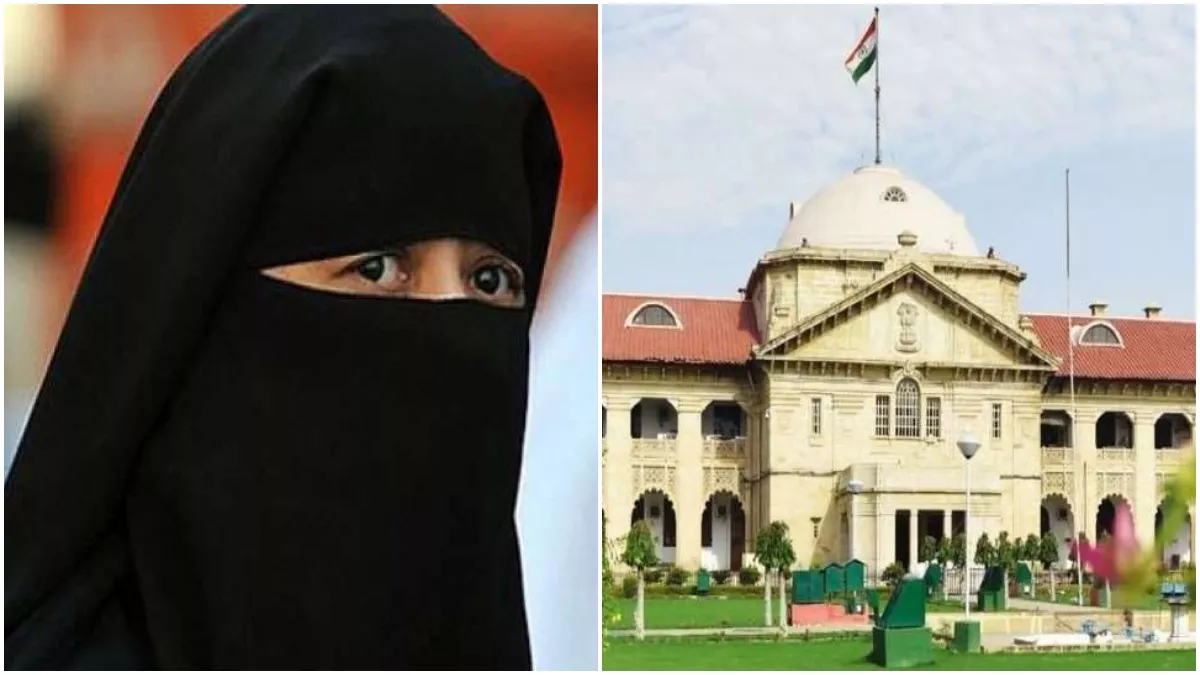The Allahabad High Court on Wednesday released a new ruling stating a Muslim woman has the right to receive maintenance from her divorced husband not just till the completion of the ‘Iddat’ period but for the rest of her life.
The alimony should not be less than the life she was leading before the divorce. The court rules.
‘Iddat is a custom that restricts Muslim women from stepping out and meeting relatives for four months following the death of their husband or a divorce from their husband.
The court set aside the order of the Principal Judge Family Court, Ghazipur, granting alimony only till the ‘Iddat’ period, terming it illegal. It said the Ghazipur court had given the order without properly perusing the statutory provisions and evidence.
The court said, “Under Section 3(3) of the Muslim Act, 1986, an order can be passed directing the former husband of the divorcee to pay to her such reasonable and fair provision and maintenance as deemed fit and proper having regard to needs of the divorced woman, her standard of life enjoyed by her during her marriage and means of her former husband.”
“The word “provision” used in Section 3 of the Muslim Act, 1986 indicates that something is provided in advance for meeting some needs,” the court said.
“In other words, at the time of divorce the Muslim husband is required to contemplate the future needs and make preparatory arrangements in advance for meeting those needs,” the court said.
“Reasonable and fair provision may include provision for her residence, her food, her clothes, and other articles,” the court said.













